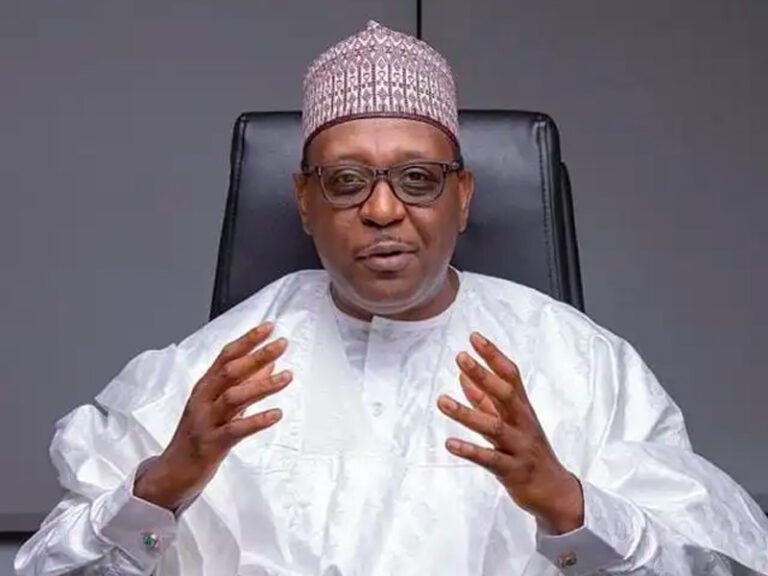The Federal Government has reaffirmed its commitment to leading the global fight against Antimicrobial Resistance (AMR).
The Coordinating Minister of Health and Social Welfare, Prof. Muhammad Pate, made the commitment on Tuesday in Abuja at the inaugural meeting of the Ministerial Advisory Committee on AMR.
He described AMR as a major threat to global health, food security, and sustainable development, responsible for approximately 1.3 million deaths annually.
Pate announced that Nigeria would host the Fifth Global High-Level Ministerial Conference on AMR in Abuja in 2026, the first of its kind on African soil.
He said the conference would showcase Nigeria’s leadership and amplify Africa’s voice in global AMR efforts using a One Health approach.
“Nigeria is committed to leading the fight against AMR through coordinated action.
“This conference will strengthen accountability, secure sustainable funding, and promote effective innovations,” Pate said.
He added that Nigeria had already begun preparations, drawing support and guidance from previous host nations including Saudi Arabia, Oman, and the Netherlands.
“This is not just about Nigeria, it’s about representing the aspirations of the entire continent,” he said.
The conference will be jointly led by the Federal Ministries of Health and Social Welfare, Environment, and Livestock Development, in line with the One Health strategy, which integrates human, animal, and environmental health.
Speaking on behalf of the Ministry of Livestock Development, Mr Idi Maiha, said AMR threatened food systems, livestock productivity, and rural livelihoods.
“The One Health approach is not just a concept, it is the foundation of our collective response,” he noted, reaffirming the ministry’s commitment to the conference and existing AMR strategies.
Representing the Minister of Environment, Mr Balarabe Lawal, the Director of Pollution Control and Environmental Health, Mrs Omotunde Adeola, described AMR as an environmental crisis.
She stressed that antimicrobial residues from hospital waste, agriculture, and pharmaceuticals were polluting soil and water, thereby fueling resistance.
Lawal emphasised the need for sustainable waste management, proper drug disposal, and stronger integration of WASH (Water, Sanitation, and Hygiene) into AMR strategies.
He said the 2026 conference would empower low- and middle-income countries to shape global policies and highlight locally developed innovations.
“Our leadership on this issue will elevate Nigeria’s role on the global stage and catalyse critical interventions that protect health, secure food systems, and preserve our environment,” he added.
All three ministries pledged to work collaboratively under the One Health framework to ensure a successful conference and sustain action against AMR.
The News Agency of Nigeria (NAN) reports that the conference aims to deliver bold outcomes that will shape future global AMR strategies ahead of the 2026 UN General Assembly High-Level Meeting on AMR.
The Ministerial Advisory Committee will provide strategic oversight, mobilise resources, and coordinate engagement across government, academia, civil society, and global partners in the lead-up to the event.(NAN)





